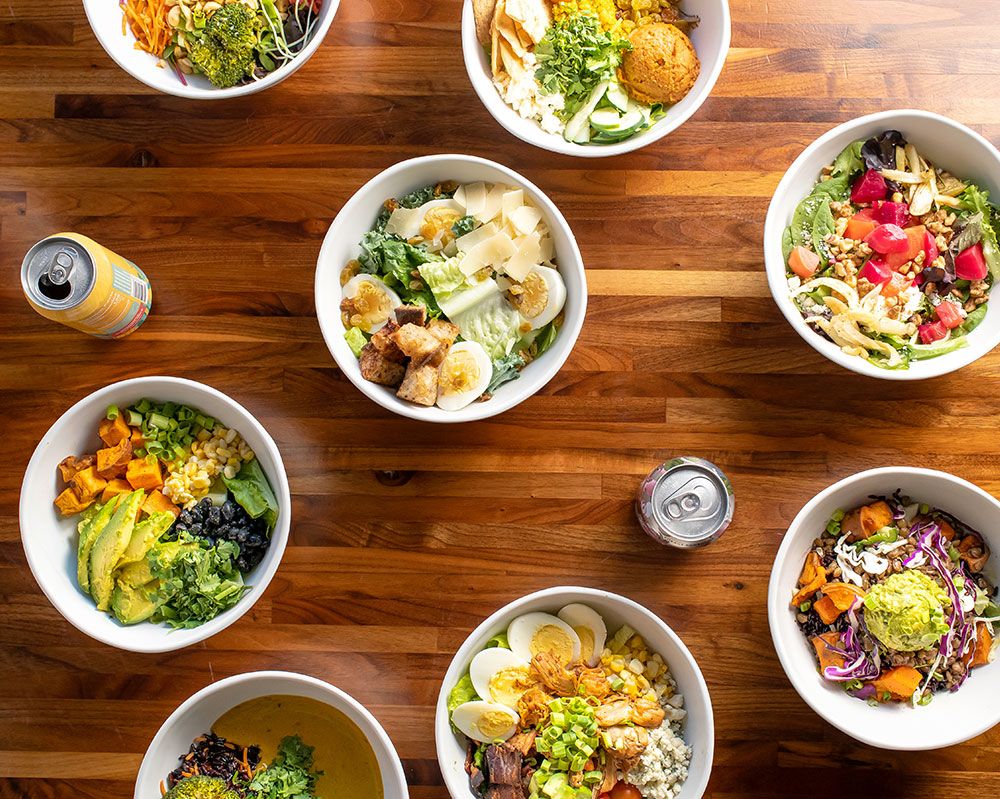What’s the price of a pound?
How much would you pay to lose one pound?
There are new weight loss drugs on the market like Ozempic that cost $1000/month. That is a crazy amount of money for weight loss.
Of course insurance will cover the lion’s share of that for most people, but in a sense that just makes the price crazier. And you basically need to be on the drug forever or else you regain weight.
This has brought two things into sharp relief: that I’d seriously mis-priced how much weight loss is worth, and how broadly the idea of products as black boxes extends.
Mis-pricing weight loss
Partially inspired by the cost of these new drugs, I started paying for weight loss as well, but via a different means.
With 5 month old baby, I was at the heaviest I’d been. In the past when I’ve successfully lost weight it’s come from counting calories. Doing this comes somewhat naturally to my personality type, but the last time I had tried it I had flamed out pretty quickly. The bottleneck had been having good food at hand.
So I decided: hey, if I’ve been mis-pricing weight loss, and food was the bottleneck last time, what does it look like to pay to remove the bottleneck?
There’s a local restaurant chain in Madison called Forage. They make healthy grain bowls and salads. Most cities have a place with this sort of vibe.

Forage isn’t cheap, at about $15 per meal all-in. But I began replacing about 4 of my lunches per week with it for around $60/week, or $240/month.
Combined with swapping to oatmeal for breakfast (bagels, I shall return to thee…), and a healthy bowl for over half my lunches, I’d replaced the majority of my weekly meals with a healthy option (21 meals a week (7 x 3), 7 healthy breakfasts + 4 healthy lunches = 11 healthy meals) . That’s just over 50% of my meals automatically being healthy.
With that baseline, I wouldn’t be that constrained on what I could eat for dinner (granted, still controlling for portion size) and still fall within a caloric deficit.
With this approach I’ve lost an average of 2 pounds per week. At $60/week, that’s a price of $30 per pound lost. I’m not paying for a gym membership or anything additional, with the only exercise I’m doing being an hour long walk I take most days with my son.
Comparing this to $1000/month in perpetuity for Ozempic is pretty nuts! Granted, a pound of weight loss at a BMI of 27 is worth less than a pound at a BMI of 37). But for $1000/month you could have 66 meals from Forage. With 30 days in the month, there are 60 non-breakfast meals in a month. With a swap to a simple healthy breakfast like oatmeal, you could have fancy/healthy/bougie/pricy takeout for every other meal and still come out ahead.
It’s hard not to do this mental math and wonder: what if insurance just paid for really healthy, good food for everyone??
The power of a black box
The problem with paying for healthy food is that it is not a black box.
I wrote about the concept last week of businesses as black boxes that take inputs and produce outputs. Ozempic is a black box, buying healthy food is not.
Ozempic takes an input of a pill, and produces and output weight loss. There is nothing you need to understand about the mechanisms of the drug. There is nothing you need to add to the black box for the output to appear. You take the drug, and you will lose weight.
Healthy food is not a black box. To make healthy food work, you need to exert willpower to stick to eating just the healthy food. You need to rewire habits you have around snacking. You need to become okay eating from a smaller subset of food options. In many cases you do need to understand the internal mechanics of food to make it work (even just at the level of "fiber keeps me full longer"). The boundaries of healthy eating are extremely fuzzy and still require a lot of additional work.
The power of a black box is the difference between insurance companies being willing to pay $1000/month in perpetuity, rather than providing an effectively unlimited budget for healthy food for every person who could benefit from it.
As I alluded to in the original post, working with what’s inside a black box is where our humanity comes from. Food is engaging with our natural needs, instincts, and sense of beauty. Treating ourselves as untrustworthy robots is depressing. Taking a pill without changing any of the underlying causes is what a robot does. But at the same time it’s hard for me not to feel like drugs like Ozempic are a good thing that will help a tremendous amount of people.
The price you pay for material wealth is that only foolproof black boxes that can scale are cultivated. This is fantastic for our comfort, but we need to make sure we’re still cultivating the humanity inside the black box as well.
Member discussion